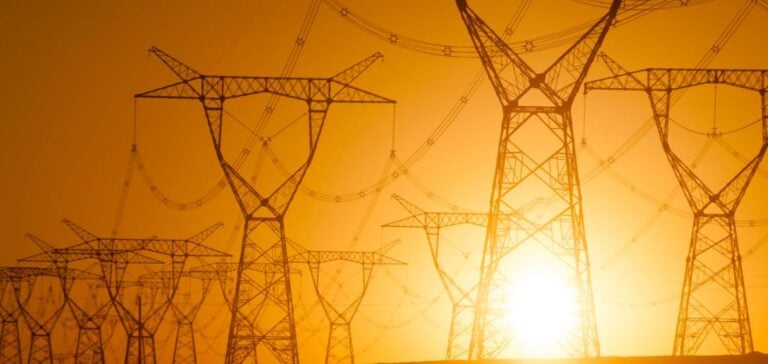Cornwall Insight, an energy consultancy firm, has released its final forecast for the UK’s January 2025 energy price cap. According to these estimates, the cap will reach £1,736 per year for an average dual fuel consumer, a slight increase of 1% compared to the October tariff set at £1,717.
This apparent stability hides the ongoing volatility of the energy market. Geopolitical tensions, interruptions in Norwegian gas infrastructure, and unpredictable weather conditions continue to keep prices well above historical averages. Despite moderating compared to the last two years, British households will continue to face high energy bills this winter.
Energy Poverty: A Persistent Crisis
The persistence of high prices intensifies the struggles of the most vulnerable households. This winter, many families may avoid heating their homes to recommended temperatures, potentially leading to serious health issues. Dr. Craig Lowrey, Principal Consultant at Cornwall Insight, emphasizes the urgent need for tailored government interventions.
Possible measures include the implementation of social tariffs or a revision of the price cap mechanism to provide immediate relief. Reforming the social benefits system is also suggested to more effectively target the most at-risk households.
Accelerating the Energy Transition
To sustainably address these challenges, the UK government is focusing on the development of locally produced renewable energy. This strategy aims to reduce the country’s dependency on international wholesale markets. While this transition requires significant initial investments, it is considered essential for ensuring more stable energy bills in the long term.
However, this transformation cannot immediately address the needs of households currently facing energy poverty. Balancing urgent support with a long-term strategy remains a complex challenge.
2025 Forecasts
According to Cornwall Insight, a slight decrease in the price cap could occur in April and October 2025. However, prices are expected to remain significantly above historical levels, confirming that British households will need to adapt to a “new normal” in energy costs.
In this context, pressure is mounting on the government to propose balanced solutions capable of providing immediate assistance while advancing energy transition goals. The dual challenge is ensuring affordable access to energy for all while building a sustainable and secure system for the future.






















